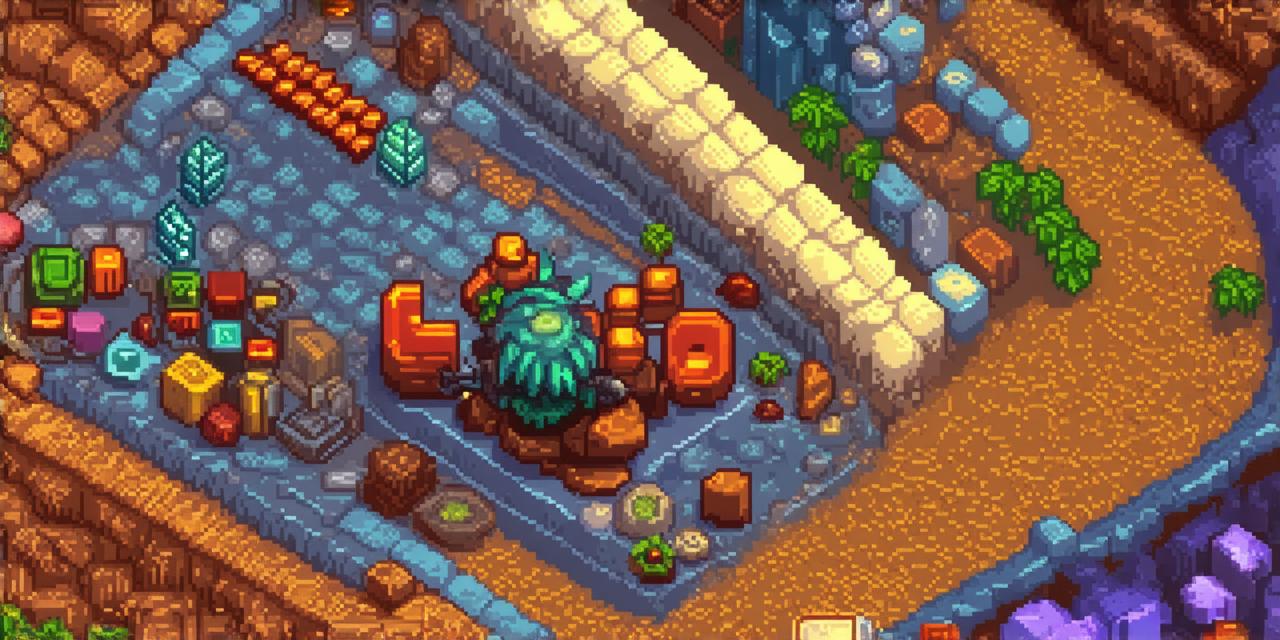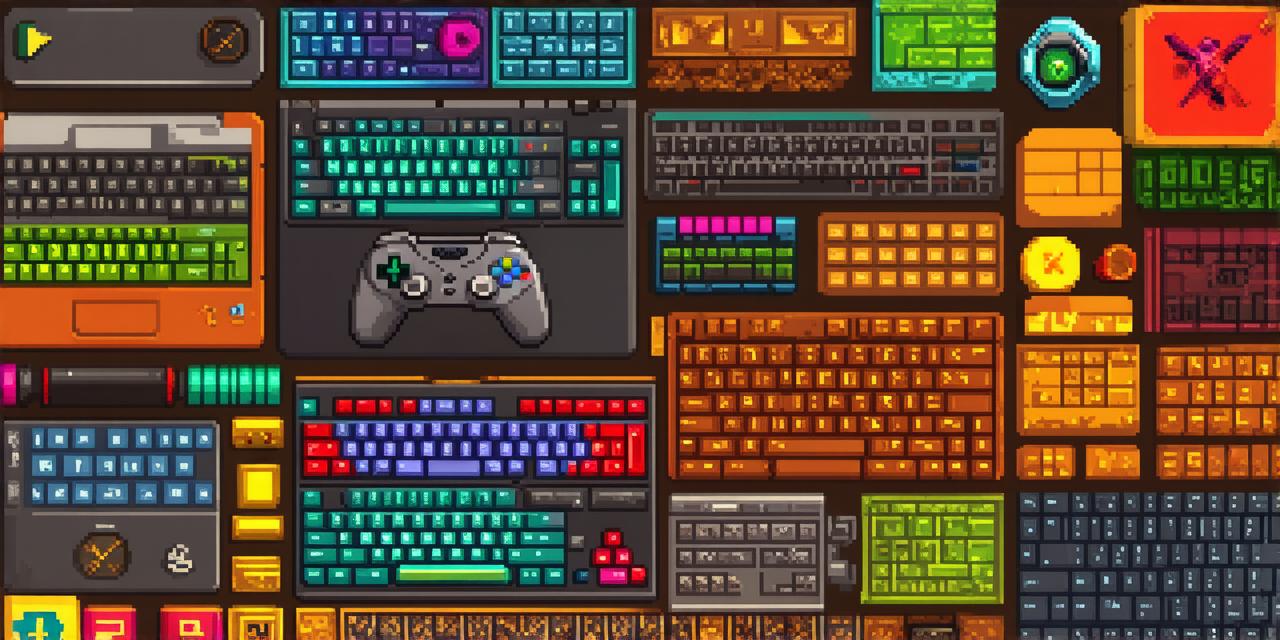The world of game development is an exciting and lucrative field, attracting individuals with diverse backgrounds and interests. However, many aspiring game developers are curious about the financial aspects of their profession. They want to know when they will start earning money and how much they can expect to make. In this article, we will explore these questions in detail, shedding light on the different payment models used in the gaming industry and providing insights into how game developers can maximize their earnings.
Understanding Payment Models in Game Development
There are several payment models used in game development, each with its own advantages and disadvantages. These include:
- Fixed Salary: In a fixed salary model, game developers receive a predetermined amount of money for their work. This amount is typically based on factors such as experience, skills, and the complexity of the project. The downside of this payment model is that game developers may not earn more than their fixed salary, even if they put in extra effort or work longer hours.
- Freelance Work: Freelance work involves independent contractors working on a project for a specific period. In this model, game developers are paid per hour or per project, depending on the terms of the contract. The advantage of freelance work is that game developers have more control over their income and can choose projects that align with their interests and skills. However, the downside is that freelancers may not receive benefits such as health insurance or retirement plans.
- Equity: In equity payment models, game developers receive a percentage of the profits generated by the game. This model is commonly used in the gaming industry, particularly for successful indie games and mobile apps. Game developers who choose this model have the potential to earn significant amounts of money if their game becomes popular. However, the downside is that equity payments may not be immediate, as the game may take time to gain traction and generate revenue.
- Crowdfunding: Crowdfunding involves raising funds for a project through contributions from a large number of people. In this model, game developers can receive funding for their game in exchange for rewards or incentives. The advantage of crowdfunding is that game developers can gain exposure and build a fanbase for their game before it is even released. However, the downside is that crowdfunding campaigns are not guaranteed to be successful, and game developers may not receive all the funds they were expecting.
Factors Affecting Game Developer Payments
Several factors can affect game developer payments, including:
- Experience and Skills: Game developers with more experience and specialized skills are often paid higher salaries or command better rates for freelance work. This is because they bring valuable knowledge and expertise to the table, which can help a project succeed.
- Project Complexity: The complexity of a project can also affect game developer payments. Games that require more time and resources to develop are often paid more than games with simpler mechanics or graphics.
- Market Demand: The demand for certain types of games or genres can also affect game developer payments. For example, games in popular genres such as sports, action, or adventure may be in higher demand and command higher salaries or rates.

Case Studies: Successful Game Developers and Their Payment Models
Let’s take a look at some case studies of successful game developers and their payment models to gain a better understanding of how they are compensated.
- Epic Games: Fortnite: Fortnite is an incredibly successful battle royale game developed by Epic Games. The company has been able to generate significant revenue through in-game purchases, advertising, and sponsorships. As a result, Epic Games has been able to provide its employees with competitive salaries and benefits. In addition, the company also offers equity options to some of its employees, giving them the potential to share in the success of Fortnite.
- Mojang: Minecraft: Minecraft is another hugely successful game developed by Mojang, a subsidiary of Microsoft. The game was initially developed as a hobby project by Markus Persson and has since grown into a billion-dollar franchise.



